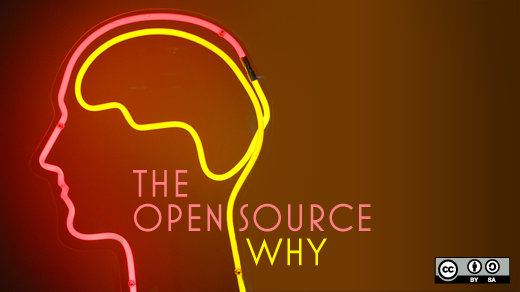As an educator, you don't expect violence in school or prepare yourself for the inevitability of it. Even violence like suicide is far from your mind. Teachers are not prepared for that. Neither are they trained to handle behaviors that can lead to horrific violence: murder as well as fighting, bullying, sexual assualt and harassment, and alcohol and drug use. Despite the heartbreak of violence among youth in school, there is something educators, teachers and administrators alike can do.
Self-control and attentional skills can be taught to youth who are exhibiting these riskly behaviors, that cause damage in and of themselves, and can lead to even worse violence.
Any teacher will tell you that learning will be thwarted or simply not occur if a student enters a classroom unable or unready—mentally, physically, socially, and emotionally—to learn. Today, numerous children, unfortunately, enter classrooms bringing their emotional baggage with them. Some children have better self-control than others and are able to keep their emotions in check and, in general, have better coping skills. Others really struggle. And some totally falter. But self-control and executive functioning skills can be taught and improved upon.
Executive functioning skills include a wide array of abilities: self-control, self-regulation, self-discipline, attentional control, the ability to resist temptation and control one's impulses. A teen with good executive functioning skills and who has the ability to delay gratification is less likely to succumb to violence, drugs, or alcohol. A teen with poor executive functioning skills and who is less able to delay gratification is more likely to be susceptible to crime, smoking, drugs, drinking, alcohol, dropping out, teen pregnancy, and poorer health. Medication may help, but it is not a pancea.
Interestingly, recent research shows that there is no correlation between self-control and intelligence or IQ. Moreover even corporations, such as Google, are investing in self-control and attentional training. Hence, providing such training and skills to vulnerable chidren would be a significant step with curbing school violence.
There are many ways open source projects may help with improving self-control and executive functioning skills in children and teens:
1. The Open Directory Project offers information and links for educators and parents. Curriki does too.
2. There are non-tech self-control games and exercises that educators and parents can use in groups and individually. Self-regulation in the Classroom is a clearinghouse for information created by the Education Department at Millsaps College.
3. Online games are used to train self-control, attention, and awareness skills more and more. Cool School is an interactive game for ages five to seven that helps children with conflict resolution skills, for instance.
4. Encourage a "user-generated" education. Sandbox Game Maker is open source and used in many schools throughout the world for students to use to create their own video games, worlds, adventures, and quests. Likewise, Movie Sandbox is an open source animation tool that schools can use.
5. Learn about school violence in other parts of the world and how they are using peace and non-violent resolution strategies in school. Schools in Macedonia and West Africa are examples, but are by no means unique in addressing school violence.
6. Create curriculums, lesson plans, or support groups to help curb school violence using an open tool or platform.
7. Remember, developing self-control is a slow process.
The frontal cortex, which controls executive functioning skills and self-control, thickens during childhood. However, a teen's brain is still a work in progress. Recent research has shown that a teen's frontal lobes are not fully connected or capable of functioning like an adult's. There is fairly widespread agreement that teen's take greater risks, partly due to their immature frontal lobes, but there is also agreement that any deficit can be improved due to the brain's neuroplasticity. And, it's quite possible open source tools and materials can assist curbing future tragedies.







Comments are closed.